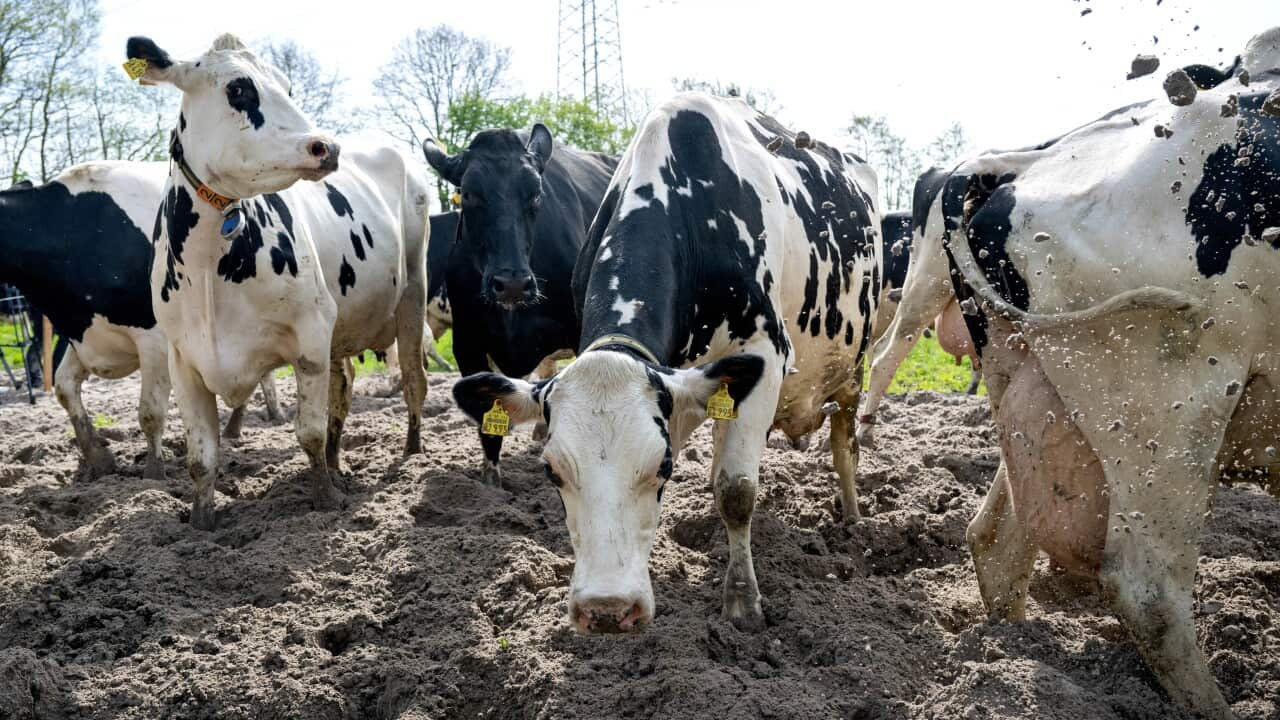Denmark, a major pork and dairy exporter, will introduce a tax on livestock carbon dioxide emissions from 2030, making it the first country to do so.
The tax was first proposed in February by government-commissioned experts, to help Denmark reach a legally binding 2030 target of cutting greenhouse gas emissions by 70 per cent from 1990 levels.
The centrist government reached a wide-ranging compromise with farmers, industry, labour unions and environmental groups on policy linked to farming, the country’s largest source of CO2 emissions.
“We will be the first country in the world to introduce a real CO2 tax on agriculture. Other countries will be inspired by this,” taxation minister Jeppe Bruus said.
While subject to approval by parliament, political experts expect a bill to pass following the broad-based consensus.
The deal proposed would tax farmers 300 Danish krones ($64) per tonne of CO2 in 2030, increasing to 750 krones ($161) by 2035.
Livestock farmers will be entitled to an income tax deduction of 60 per cent, meaning that the actual cost per tonne will start at 120 krones ($25) and increase to 300 krones ($64) by 2035, while subsidies will be made available to support adjustments in farm operations.
The tax could add an extra cost of 2 krones ($0.40) per kilo of minced beef in 2030, the minister for economic affairs Stephanie Lose told public broadcaster DR.
Earlier this month, New Zealand scrapped plans to introduce a similar tax after facing criticism from farmers.
The previous New Zealand government had introduced a plan to charge farmers for their gas emissions from the end of 2025 but the plan was unpopular in many parts of the country’s rural sector and the current government had promised to end it if elected.
While Danish farmers had expressed concerns that the country’s climate goals could force them to lower production and cut jobs, they said the compromise makes it possible to maintain their business.
